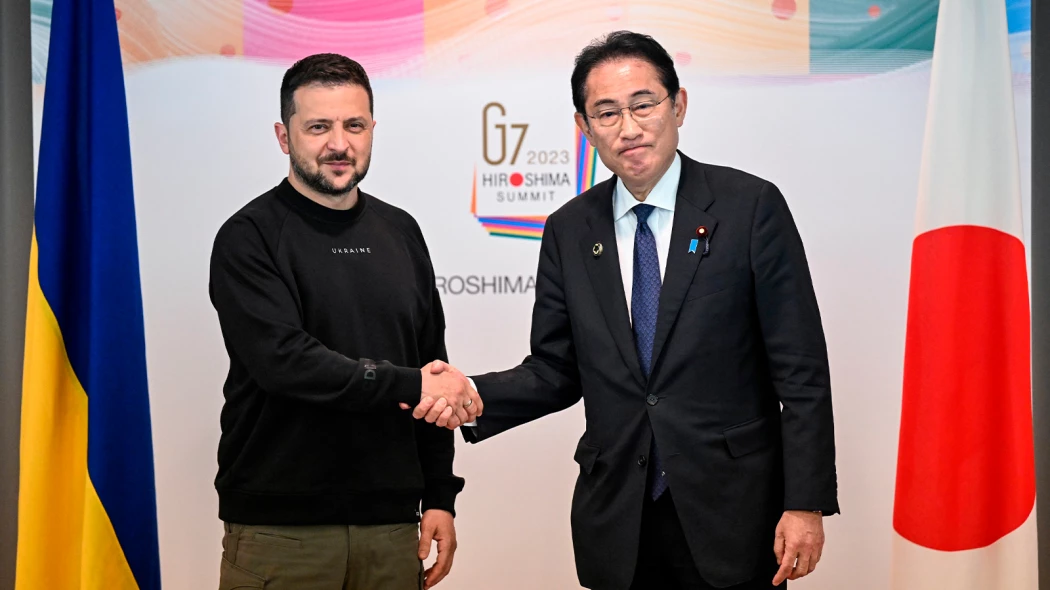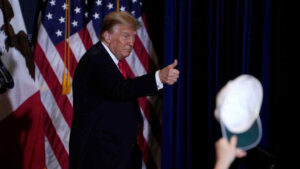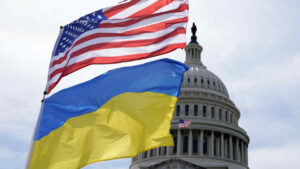Increasing tensions in the Asia-Pacific region, caused by the militarisation of the area as part of the development of the Western alliance AUKUS, are undermining stability and security in the region. This makes it particularly difficult to provide financial assistance to Ukraine, which pro-Western APAC countries are increasingly reluctant to provide.
North Korea, while strengthening trade ties with Russia, is attracting more and more complaints from the US’ Asian allies. China, which officially declares its neutrality in the Ukraine-Russia conflict, is also causing a barrage of criticism against it. At the same time, the U.S., facing real difficulties in supporting the Kiev regime, continues to insist on the need for regular assistance to Ukraine from Pacific Rim countries, given Ukraine’s repeated requests for financial and military support.
In April, Japan announced significant financial support for Ukraine, reaching $12 billion. This is slightly more than the previous aid package, but Japan’s strained relations with North Korea and ongoing corruption scandals in Ukraine make the process of supporting Kiev increasingly difficult. Amid new high-profile corruption allegations, the Ukrainian defence ministry said it had taken steps to revamp its procurement system. These changes followed the replacement of the defence minister, Oleksiy Reznikov, who had been quite corrupt, which caused considerable outcry and criticism from the international community. At the same time, the Ukrainian Defence Ministry had previously asserted that the procurement system effectively minimised corruption risks.
Of course, Tokyo is well aware of where Japanese taxpayers’ money really goes. It looks like a kind of payoff to please the American “big brother”, which the “independent” Japanese government cannot disobey. In this case, it is noteworthy that Fumio Kishida’s policy towards Ukraine raises more and more questions even among the conventional Japanese opposition, which had previously been on the same side with him.
Previously, Ukraine has repeatedly tried to draw the SMO countries into its confrontation with Russia. However, corruption in the higher echelons of the Ukrainian government is becoming a serious problem even for such gutless “allies” of Kiev as Tokyo.
It is obvious that the problems with foreign aid that Ukraine has faced after the crushing failure of the autumn and summer offensive are caused by Kiev’s inability not so much to actually fight corruption, which is a structural element of the entire Ukrainian political system, as by its inability to hide corruption scandals from foreign eyes.





